Buying a house for the first time can be incredibly exciting, but because it’s the most expensive thing most people will ever buy, it can also be incredibly stressful. If you’ve done your due diligence, you’ll be well equipped to deal with everything the process throws at you. Here are 15 tips I advise every first-time homebuyer to keep in mind.
Scott McGillivray is a real estate expert and host of HGTV Canada’s Income Property and Moving the McGillivrays.
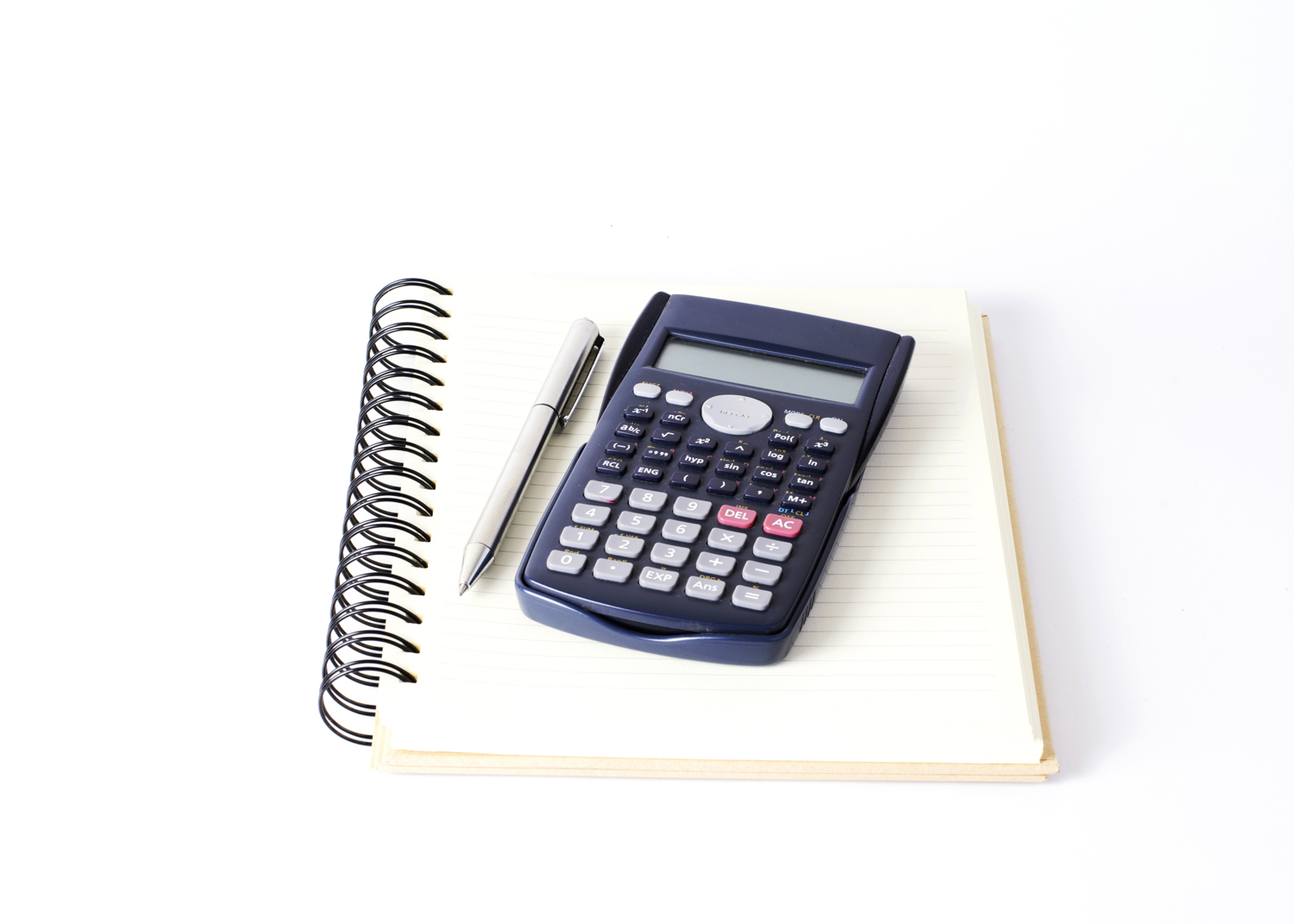
Determine Your Budget
Before you start house shopping, calculate your current living expenses to determine what kind of mortgage you can comfortably afford. Don’t forget to include things like transportation, phone, Internet and groceries. When you buy a house you need to have enough money to cover both your mortgage and your lifestyle.

Determine Your Down Payment Early in the Process
If you’ve been planning for a while you should have a decent down payment saved. If not, figure out how much money you can access and how it will affect your monthly mortgage payments. Do this early in the process so that you can get a realistic idea of what you can afford.

Don’t Forget Closing Costs
Many first time homebuyers either forget, or don’t realize that they must pay closing costs when they purchase a property. While closing costs can vary, they’re often between 1.5 per cent and 3.5 per cent of the purchase price.

Get Preapproved
One of the smartest things you can do as a first time homebuyer is to get preapproved. Not only will it set the right expectations for what you can afford, but it might also give you an edge over the competition. When it comes time to make an offer, yours will not have to be conditional on financing.
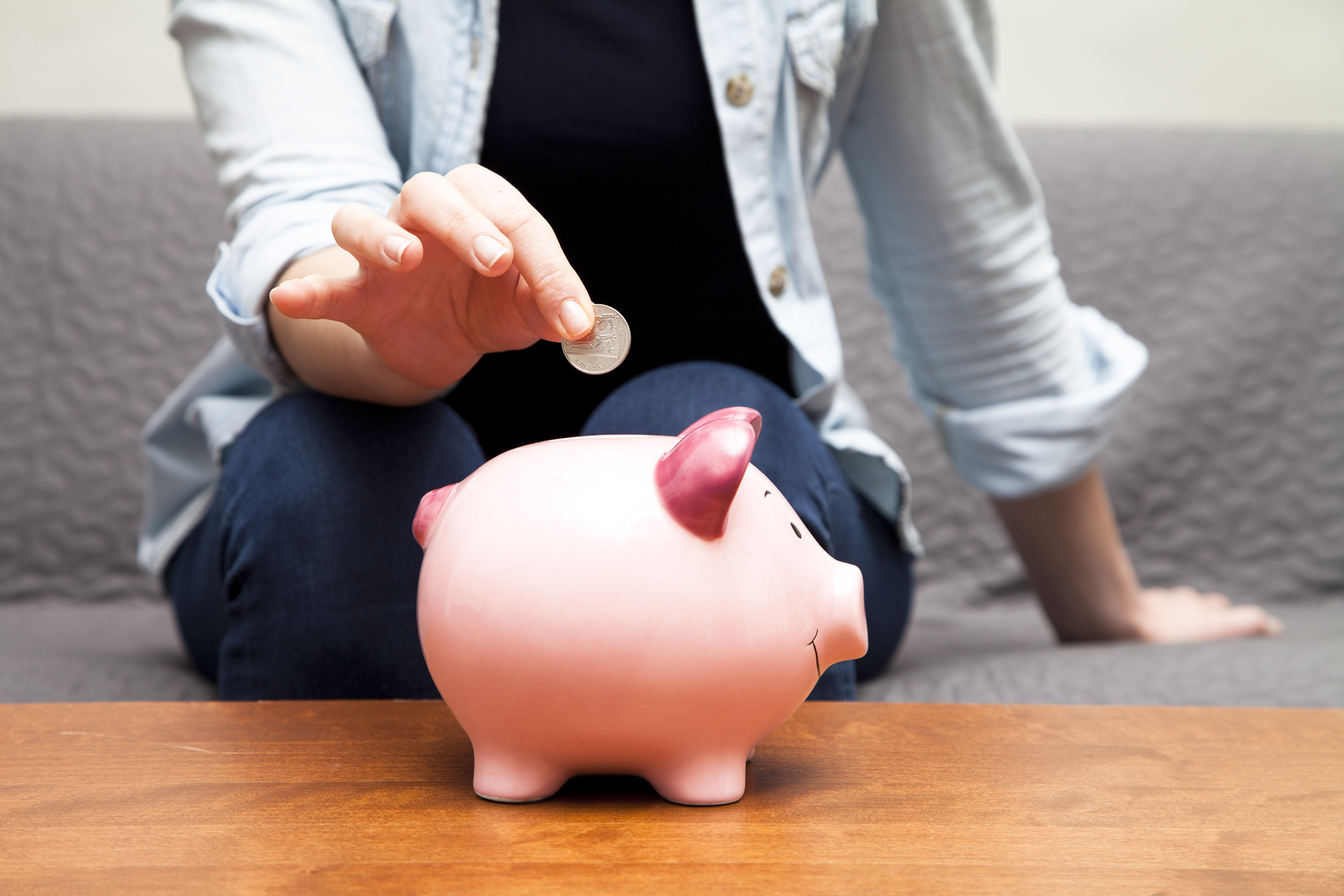
Do a Practice Mortgage
Once you decide you want to buy a home start putting aside the amount of a mortgage payment every month. After a year of doing this not only will you be more confident and comfortable with what you can pay, you’ll have an extra chunk of money to put towards your down payment.
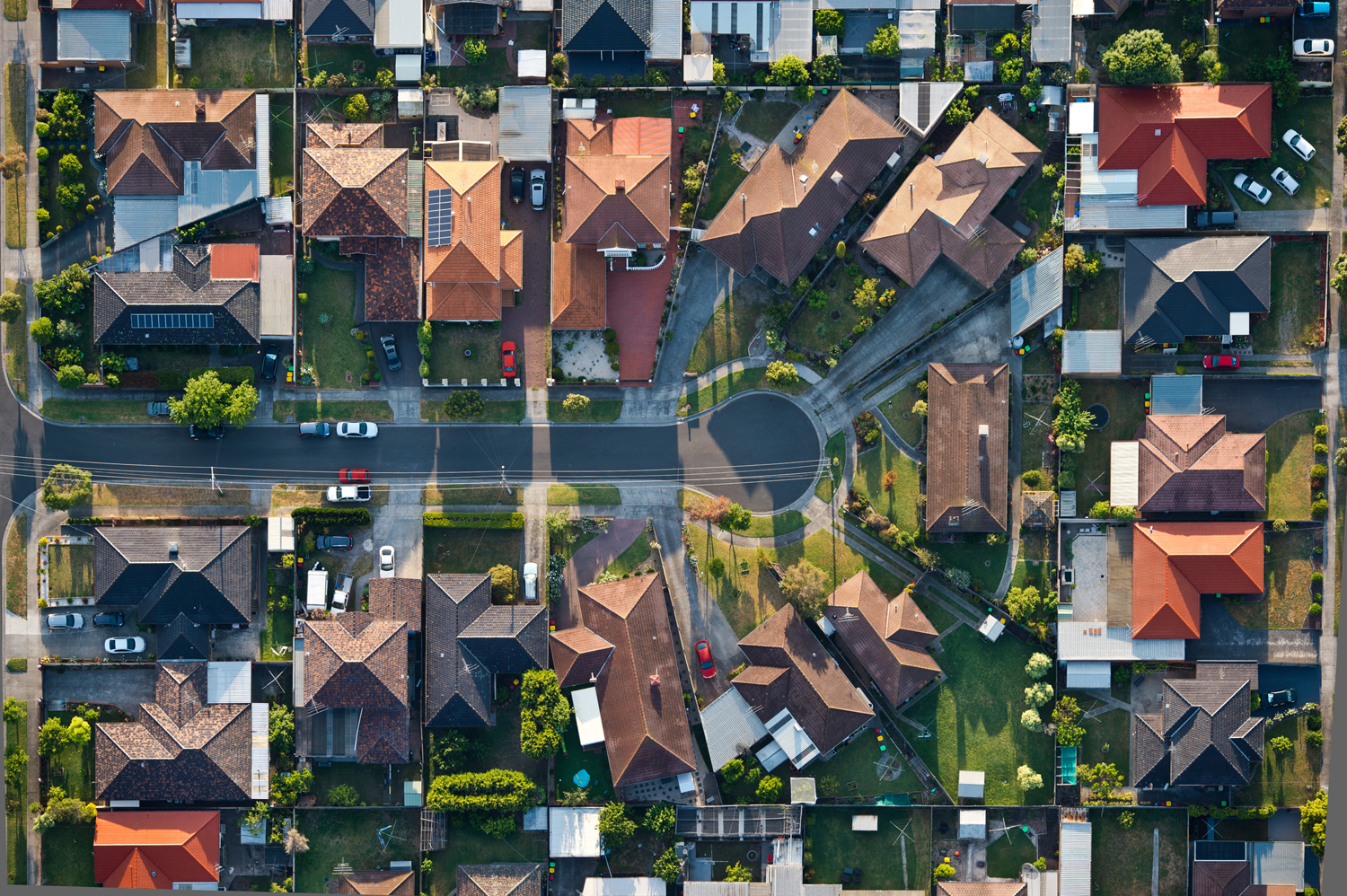
Research the Market
Before you even consider buying, you should research the market so you can get a sense of what is available and what homes are selling for. While you might like to live in a certain neighbourhood, a little research will prove whether you can or can’t afford a home in it. Keep an eye on what homes are selling for so that you have realistic expectations.

Make a Wish List
When you start looking at properties, you should have an idea of what you want, ranking your top wish list items right down to the “nice to haves.” Think about location, size, number of bedrooms, parking, exterior space, storage and so on. You may not get everything you want the first time out, but you need to start somewhere.
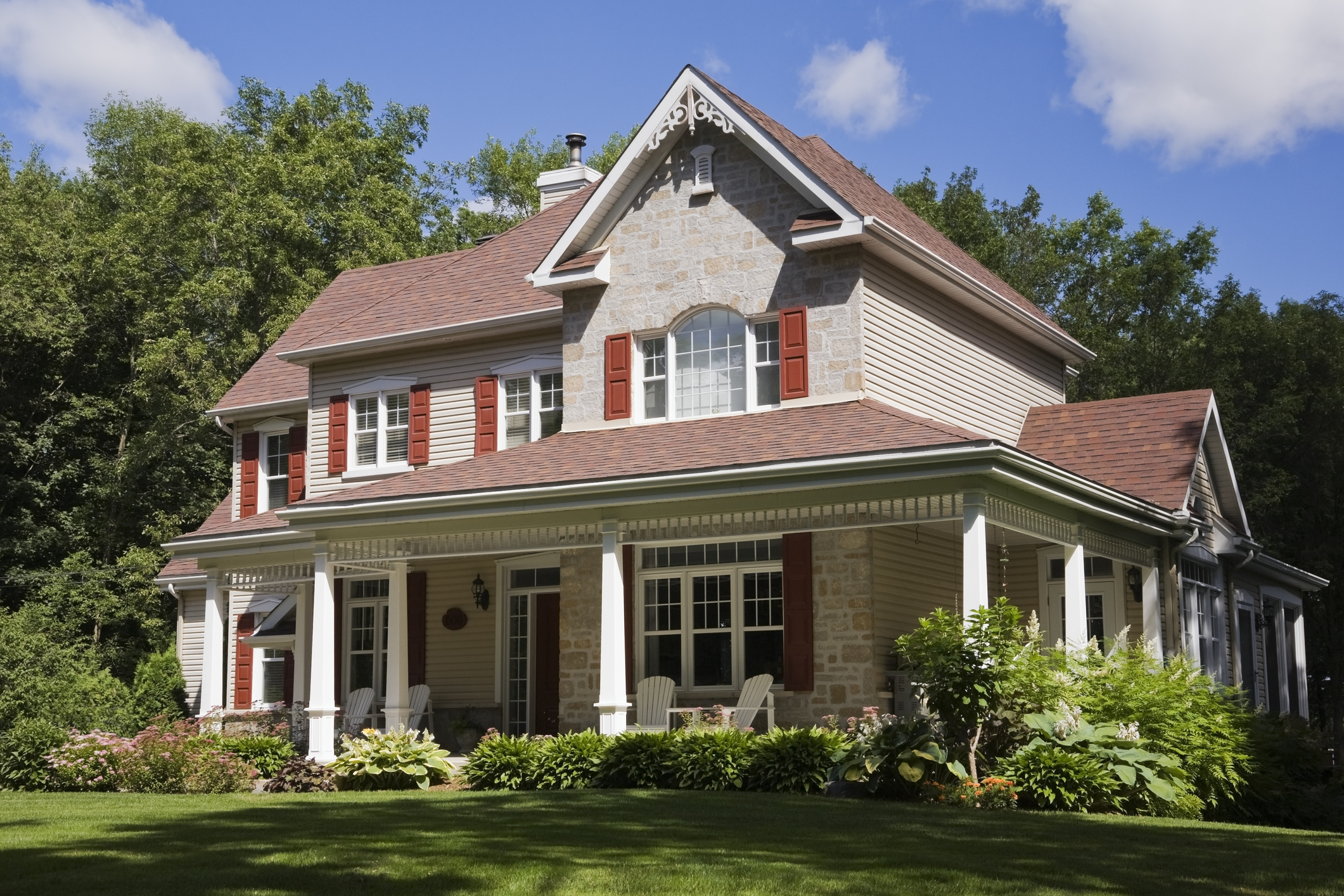
Don’t Look at Houses You Can’t Afford
Now that you know what you want and what you can afford, it’s up to you to make the two work together. DO NOT fall into the trap of looking at properties you can’t afford. When it comes to buying your first property you have to think with your head, not your heart, and falling in love with a house that’s out of reach will only result in disappointment.

Don’t Get Emotional
No matter what your situation, buying a house is always an emotional process. But it’s really important that you don’t let those emotions dictate your decisions. You have to fall in love with the numbers more than you fall in love with the house.
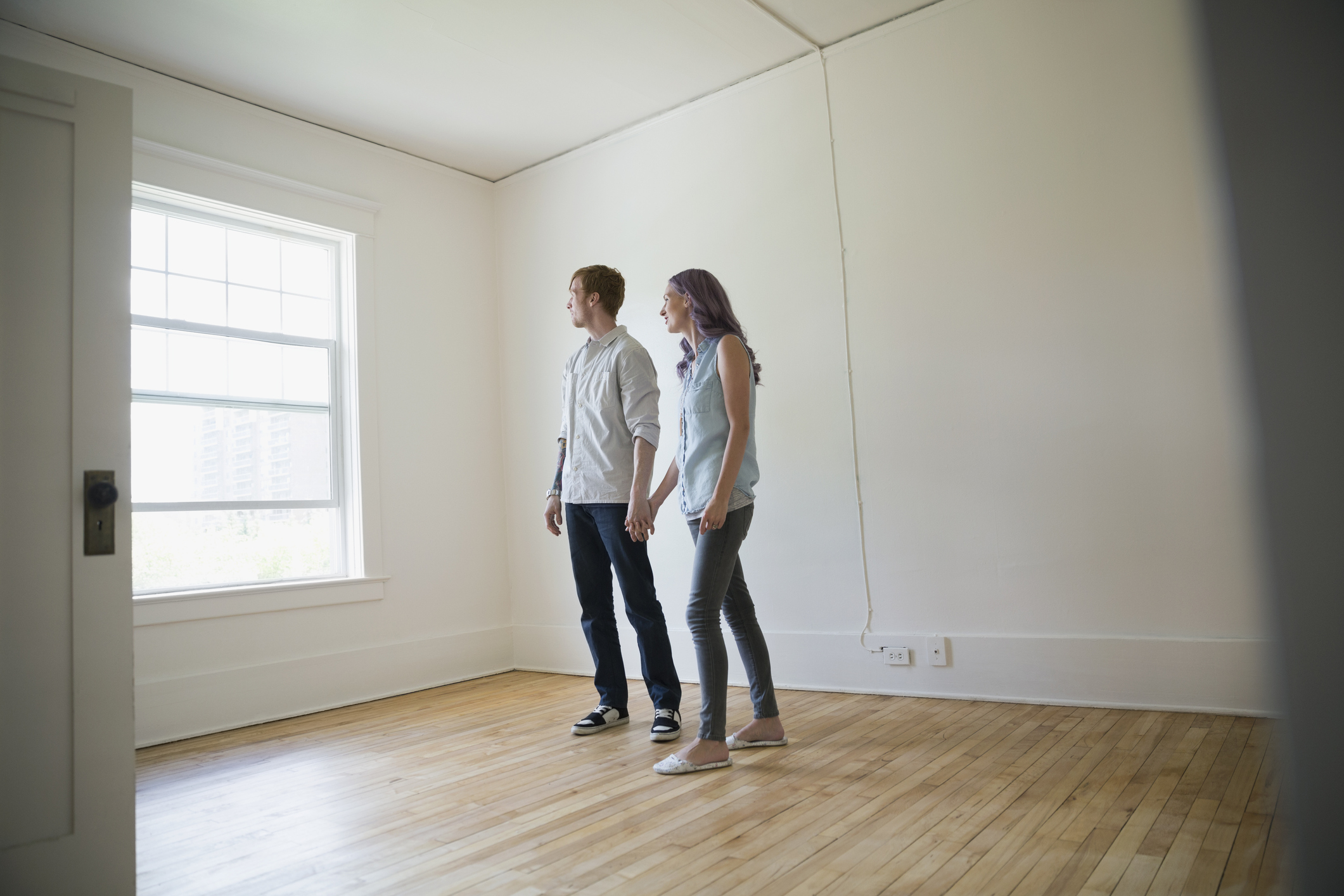
Say “No” to Bidding Wars
I always say that nobody wins a bidding war. You may get the house but if you’ve gone outside of your budget, you haven’t won anything. Even if the house seems perfect and you desperately want it, it’s not worth it. Another one – that won’t cause your budget to go up in smoke – will eventually come along.
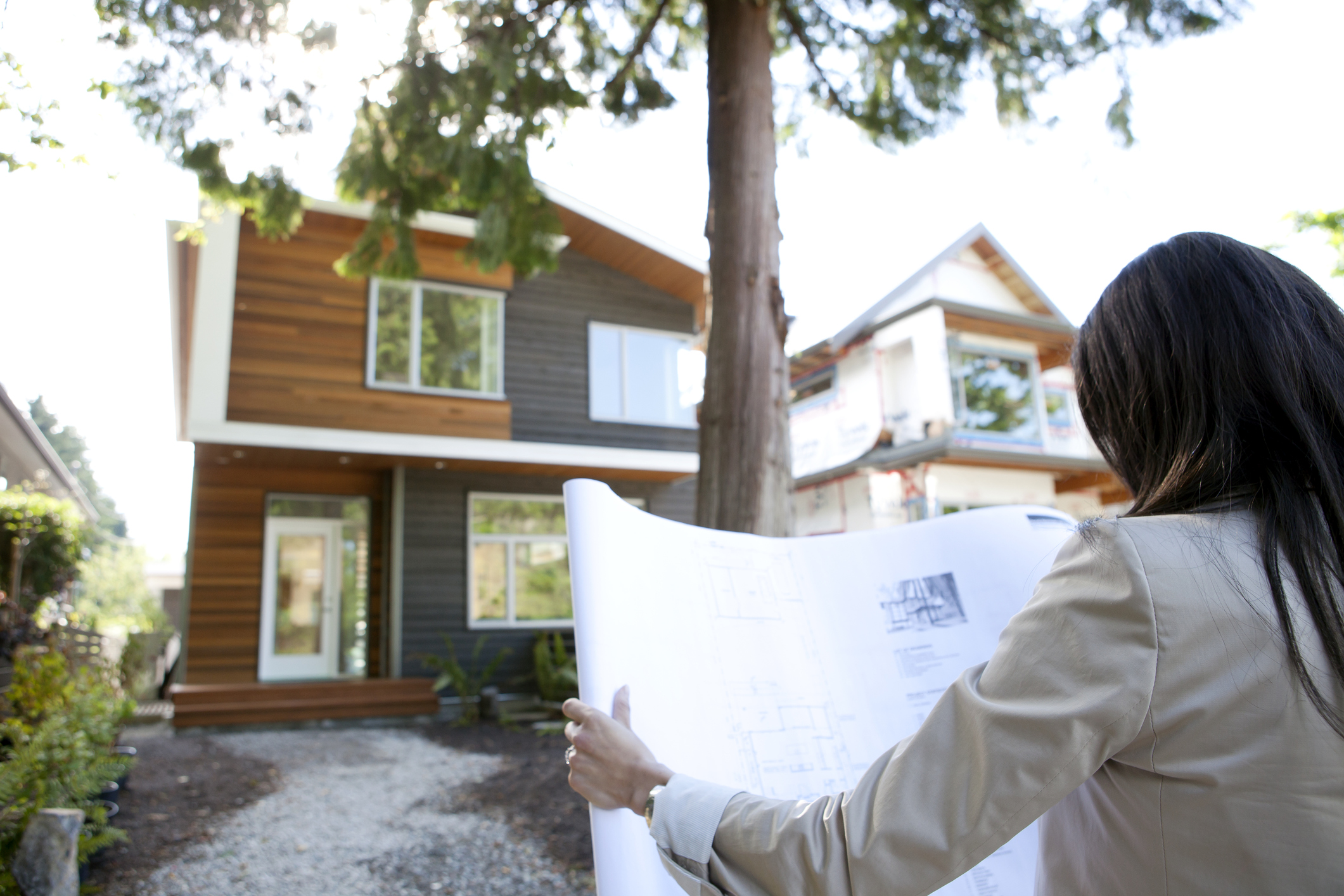
Get a Home Inspection
In today’s market it’s not uncommon for people to forgo a home inspection in order to make their offer more appealing to the seller – particularly first time buyers who are eager to get into the market. I highly advise against this. You may get the house, but you may also get a lot of unexpected and very expensive problems with it. Don’t risk it. Get a home inspection. Period.
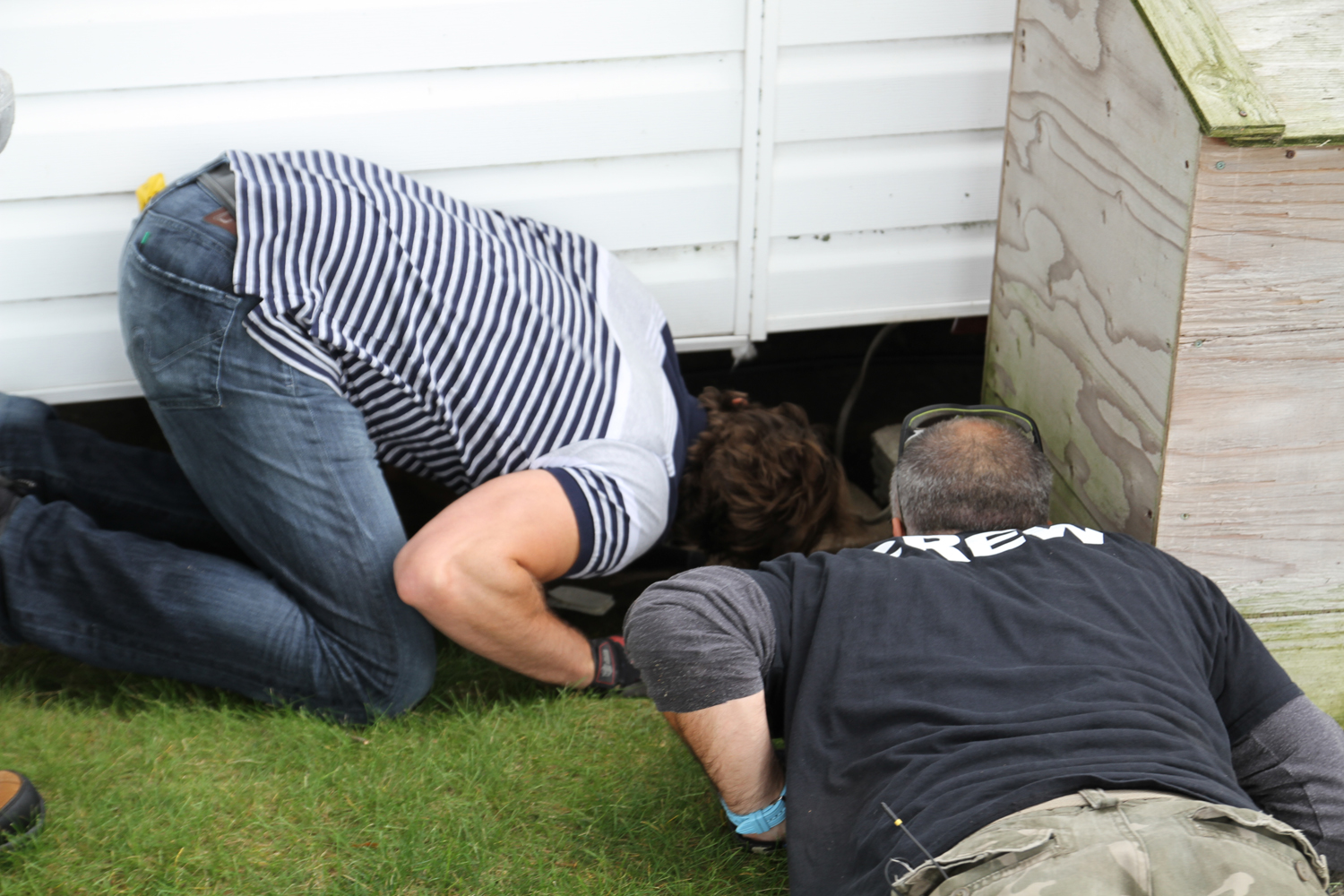
Accept That Your New Home Won’t be Perfect
While a home inspection will help you to identify certain issues, it’s important to remember that your first home might not be perfect. There may be issues you need to fix, or there may be things you have to sacrifice. Don’t let this discourage you. Stick with the things that really matter to you, and be willing to compromise on others.
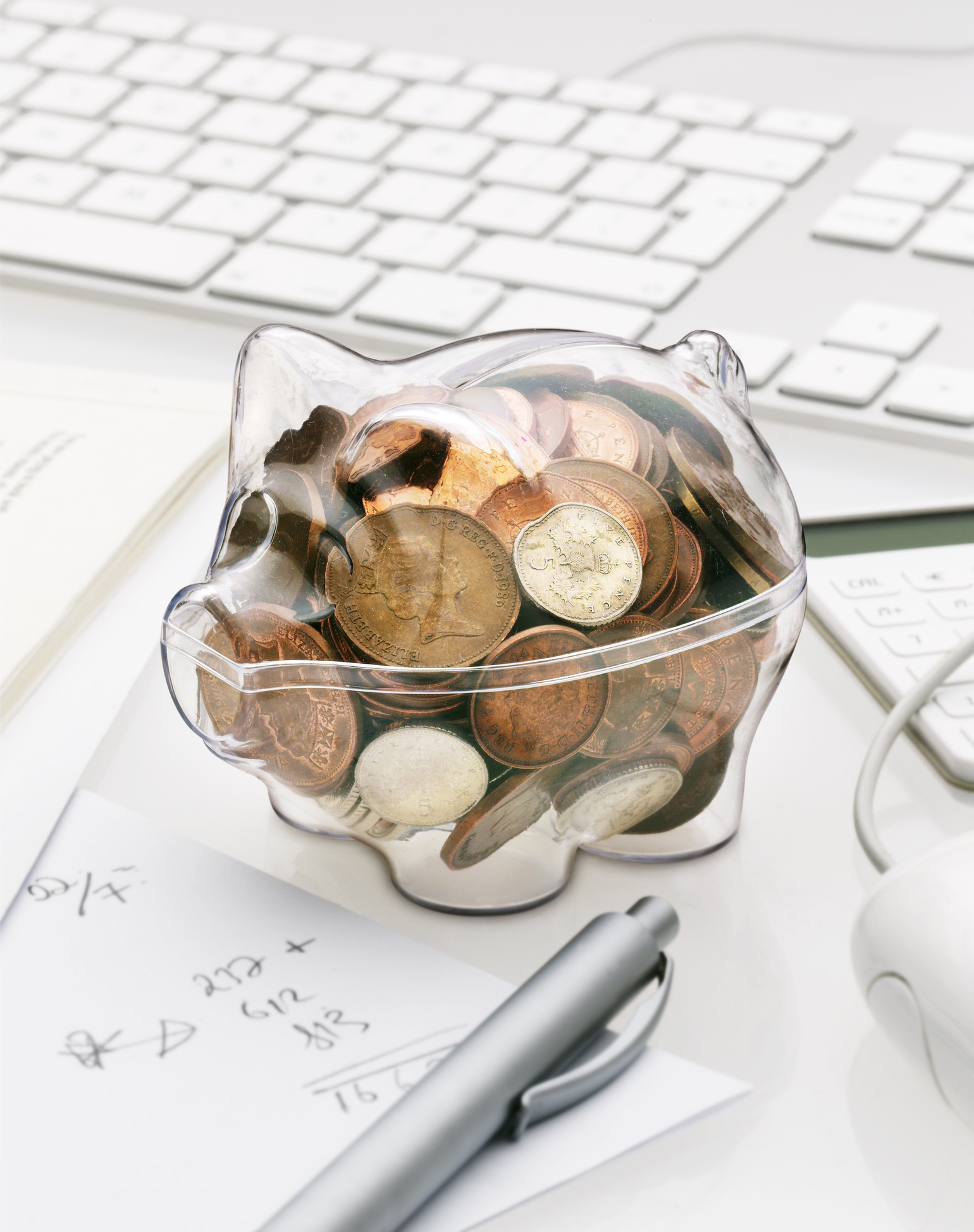
Set Aside an Emergency Fund
No matter what kind of property you purchase – old or new, house or condo – there is always a chance something could go wrong. An appliance could break down, the roof could leak, or something else totally unexpected could happen. Make sure you’ve got an emergency fund to handle these issues. Remember, once you’re an owner and not a renter there’s no landlord to come to your rescue.

Shop Early in the Week
As a first time homebuyer, you might not be aware of some of the tricks of the trade. My favourite is to shop early in the week. Houses listed on a Monday or Tuesday typically sell for less than those listed on a Thursday or Friday. I always try to get in on a Wednesday so I can take a good look and put in an offer before the weekend traffic hits.
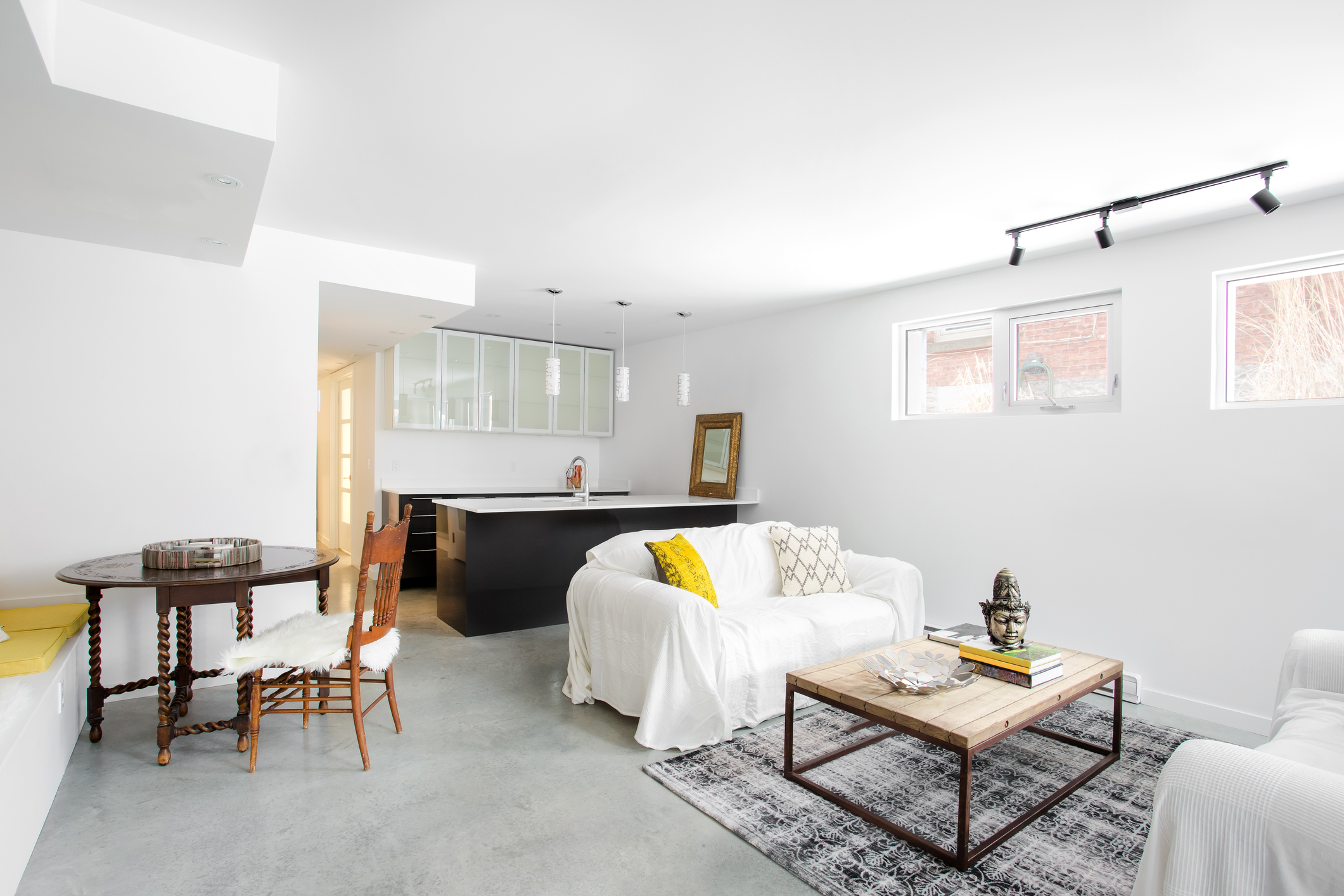
Consider the Perks of an Income Property
Getting into the market can be expensive. One of the best ways to offset costs is to turn your home into an income property by either installing a secondary suite, or living with roommates. While these scenarios might not suit every first-time homebuyer, they are definitely worth considering for anyone who wants to get in the market but can’t make it work financially.
HGTV your inbox.
By clicking "SIGN UP” you agree to receive emails from HGTV and accept Corus' Terms of Use and Corus' Privacy Policy.




